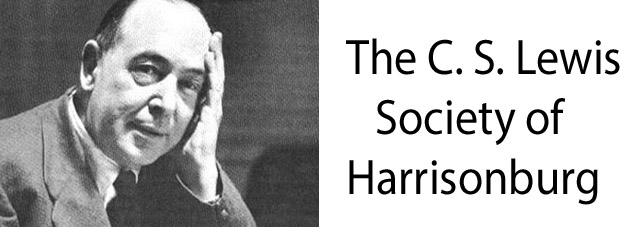Questions for C.S. Lewis's "The Problem of Pain"
for The Meeting April 14, 2011 of the C.S. Lewis Society of Harrisonburg
by Elizabeth Fierro
1.In his preface Lewis says “the only purpose of this book is to solve the intellectual problem raised by suffering; for the far higher task of teaching fortitude and patience. Do you think he succeeds in either of these tasks? Which task do you consider more important?
2. In his introduction he says “Moralities… agree in prescribing a behavior, which their adherents fail to practice …and all men are conscious of guilt”. Is this an appropriate definition of guilt? How would you describe/define guilt? How is guilt described or defined in our culture today?
3. In the chapter on Divine Goodness Lewis describes a difference between “kindness” and “goodness”. How would you describe the difference between the two?
4. What happens when kindness is detached from love?
5. According to Lewis “Pure love demands the perfection of the beloved”. Is this something an atheist or agnostic could agree with?
6.If someone is focused on “kindness” only, what kind of heaven do they assume will be waiting for them? How might this be different from the heaven of the person who is looking for “goodness”?
7. Lewis expresses shame as “Something we don’t want the world to know”. It shows us ourselves in our true perspective. In our society the sense of shame has seems to have vanished. Is there anything that has taken its place?
8.What do you think of Lewis’ story of the fall? How does it meet with, or diverge from, the theory of evolution?
9. In Lewis’ view what is the difference between suicide and martyrdom.
10. Is perhaps the real puzzle for human beings not the fact of pain, but why some people transform it into something redemptive, and others transform it into something destructive? Is this something Lewis deals with?
11. If you had quote or question that really stood out for you, please bring it along to share.
 In May the C.S. Lewis Society of Harrisonburg will be discussion C.S. Lewis's retelling of the myth of Cupid and Psyche, "Till We Have Faces."
In May the C.S. Lewis Society of Harrisonburg will be discussion C.S. Lewis's retelling of the myth of Cupid and Psyche, "Till We Have Faces."